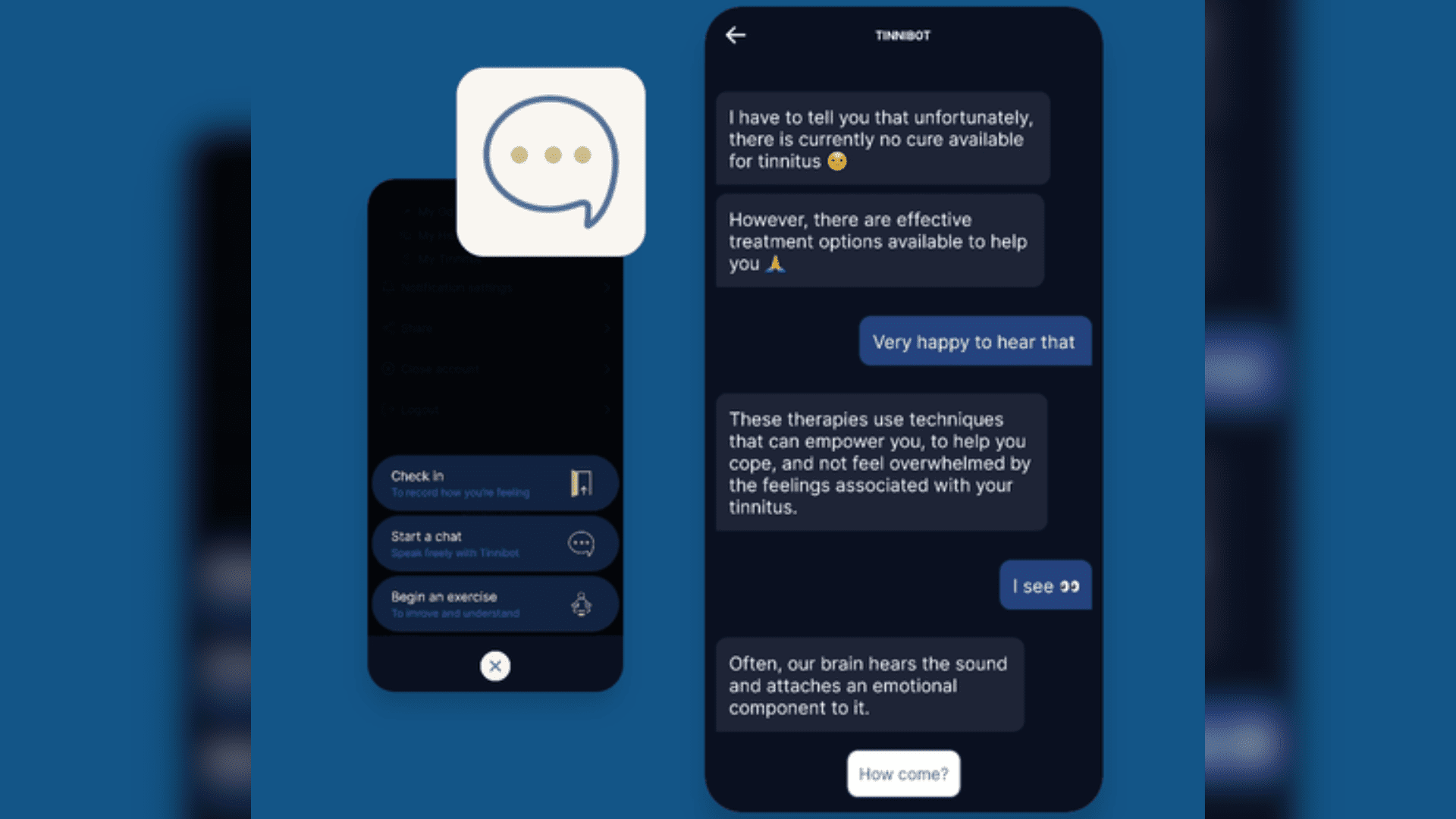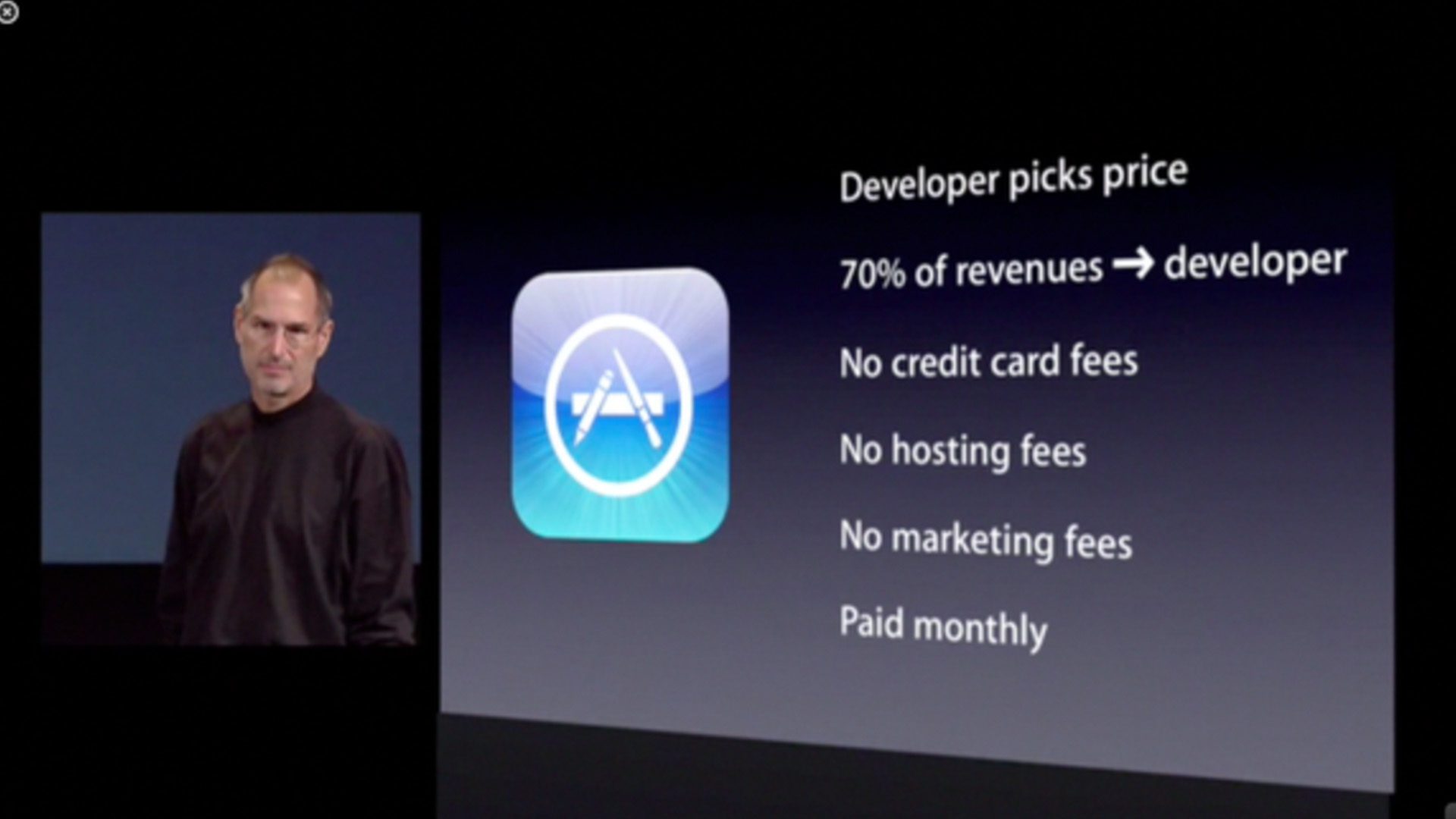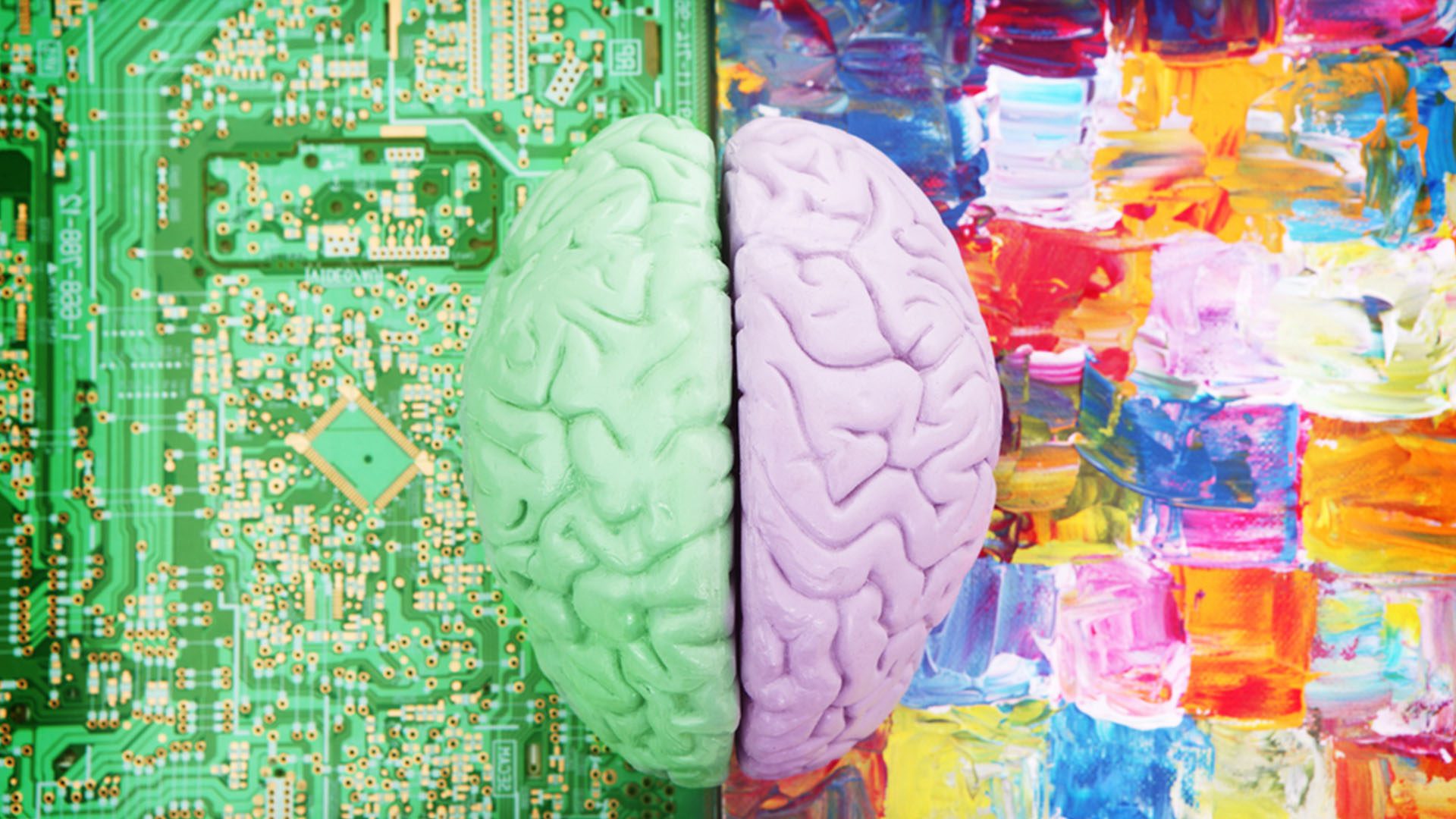About 10% of adults in the United States experience tinnitus or ringing in the ear. It’s a symptom of the brain perceiving sound in a quiet room. Some cases are mild and some are more extreme. Tinnitus can cause distress to people who suffer from it. A new app is here to help relieve some of that distress.
MindEar
Because of the different ways people can get tinnitus, like stress or head injuries, it makes it difficult for doctors to treat. The new app MindEar is taking a different approach to relieving the ring in your ears. In early clinical trials, researchers say the app shows promise in helping people overcome symptoms.
Understanding Tinnitus

Audiologist Rebecca Lewis says tinnitus is not a condition on its own but a symptom of conditions such as hearing loss or potential health issues. She said, “Tinnitus can have a variety of causes, but most often is associated with some degree of hearing loss.” She explains further, “In cases of hearing loss, the brain fills in the gaps where hearing loss is present with spontaneous neural activity. Instead of hearing silence, you hear the ringing sound.” This is why experts say it’s challenging to treat.
Lewis explains that earwax buildup, ear infections, fluid buildup, or even a head injury can cause a ringing in your ear associated with tinnitus. These conditions can be easy to assess but not all causes of tinnitus are from underlying conditions. Causes like too much caffeine, lack of sleep, and general stress can be difficult to assess. Because of that, physicians often recommend therapy. That’s where MindEar steps in.
What MindEar does

Audiologist, lead author of the trial, and Co-Founder of the app Dr. Fabrice Bardy said, “If you experience a high level of stress, it can be a trigger to cause tinnitus, but conversely, tinnitus can also cause stress.” Bardy says the app uses chatbot technology that acts as a cognitive behavioral therapist. It also uses sound therapy accompanied by mindfulness and meditation exercises to help drown out any sound caused by tinnitus. It’s a good example of how mobile apps have evolved over time.
In the clinical study of the app, 30 people with tinnitus took part and two-thirds of the participants reported a significant improvement. One group used help from the chatbot and another used chatbot and telepsychology services. Experts involved say it’s a great avenue for people who suffer from tinnitus and can’t afford a psychologist.
Having an app capable of doing this is great but Bardy says you should always consult with a doctor. Its purpose is to help with the psychological effects of tinnitus, not the condition causing the symptoms. Before using MindEar, Bardy said, “The first step is always to talk to your doctor.”





